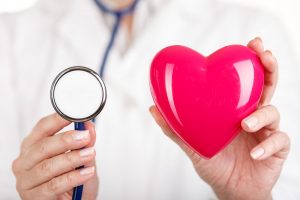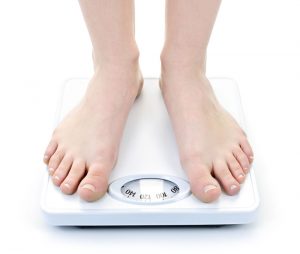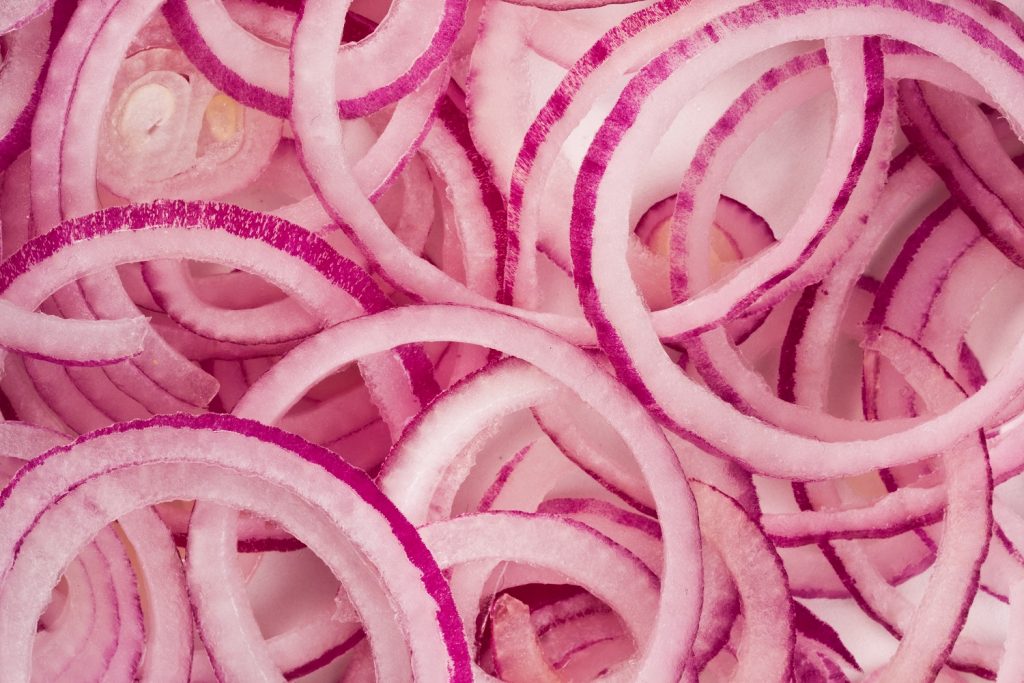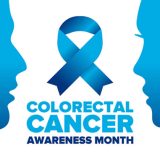

When we talk about probiotics, we’re forced to confront a topic that is very cool but, at the same time, extremely gross: Tiny creatures are living inside your body. This fact can make people uncomfortable, but we can take solace in the knowledge that most of these little fellows are helping us out.
We tend to think of bacteria only when they’re doing us harm, such as infecting wounds and making us sick. However, there are hundreds of different kinds of bacteria living in your large intestine, and many of them are necessary for keeping you healthy. These bacteria make digesting certain foods easier, and they produce the chemicals that make you feel full (and thus regulate your weight). When they break down food, they produce vitamins. They even communicate with your immune system!
Because there are so many microbes living on and inside your body, an accurate estimate is difficult to come by. One study places the number of gut bacteria somewhere between 30 trillion and 400 trillion, which is quite a discrepancy. Let’s just say there are a lot of them. You may be wondering, “If that many creatures are living inside me, why the heck would I want more of them?”
Well, since you asked, here are the top 5 benefits to taking a probiotic supplement:
#1 Probiotics Help You Maintain Digestive Health
Because there are so many microorganisms living in your gut, maintaining a balance of “good” and “bad” bacteria is essential to your digestive health. This ratio can be thrown off by illness, certain medications, and poor diet.
When this happens, you might suffer from:
- Diarrhea
- Bloating
- Allergies
- Obesity
- And even mental health issues (more on that later)
That’s why adding probiotics to your diet is an easy, natural way to improve your constitution.
Probiotics are living microorganisms that can be found in fermented foods and supplements. You’re probably familiar with yogurt, which is made from fermented milk, but there’s also kefir, tempeh, kimchi and sauerkraut (both made from cabbage), miso, kombucha, and pickles!

Several studies have shown that eating probiotics can prevent diarrhea or reduce its severity. One study showed that, in particular, probiotics could reduce antibiotic-linked diarrhea by as much as 42 percent! Another 35 studies have shown that probiotics reduce the duration of infectious diarrhea by about 25 hours.
These three strains are considered the best for reducing the risk of diarrhea:
- Lactobacillus rhamnosus
- Lactobacillus casei
- Saccharomyces boulardii
For those suffering from inflammatory bowel disease, such as ulcerative colitis, the Bifidobacterium and Lactobacillus strains have improved IBS symptoms. Probiotics have also shown huge promise for treating severe necrotizing entercolitis, a fatal bowel condition that affects premature infants.
#2 Probiotics Boost Your Immunity

Some probiotics promote the production of natural antibodies and immune cells. Other probiotics, including lactobacillus acidophilus, have been shown to improve heart health and lower bad cholesterol. Still others secrete antibacterial peptides that make it harder for harmful bacteria to grow in your GI tract.
#3 Probiotics Help You Lose Weight

Your appetite is influenced by hormones like leptin, ghrelin, and peptide YY. The presence of certain gut bacteria can affect how much of these hormones are produced, and whether or not you feel full or hungry after a meal. Consuming probiotics that keep the microflora in your gut healthy will help you not to overeat.
There is also evidence that obesity is partly due to inflammation in the brain. By balancing out your gut bacteria, probiotics may reduce inflammation throughout the body and thus prevent or reduce obesity.
#4 Probiotics Can Help Prevent the Accumulation of Excess Fat in Your Liver
It is normal for your liver to contain some fat. However, if more than 5% to 10% of your liver’s total weight is fat, then you have what is known as a Fatty Liver or, the more clinical term, Hepatic Steatosis. Once you have this condition, your liver begins to struggle to perform its more than 500 vital functions. Three of these are breaking down fats and processing nutrients from your digestive tract so they can be used throughout your body and cleaning your blood and removing toxins from your body. By just negatively effecting these three processes, the damage impacts every part of your body and can lead to more serious liver disease and other health issues.
#5 Probiotics May Improve Your Mental Health

There is a surprisingly strong connection between your brain and gut – so much so that doctors refer to it as the “gut-brain axis.” Your environment, your genetics, your medications, your lifestyle – all of these things create significant changes in the microbiome of your gut – without even taking your diet into account! Your mood and your mental health are directly affected by it, which is why doctors and scientists are now taking the gut into account when treating certain psychological conditions.
“The brain does things that affect the gut bacteria, and gut bacteria do things that affect the brain,” says Glenn Treisman, M.D., Ph.D., a professor of psychiatry and behavioral sciences at Johns Hopkins University School of Medicine.
We’ve already discussed that gut bacteria can affect the production of hormones. The gut also communicates with the brain via immune molecules and nerve signals. Targeting the gut-brain axis may in fact help us to better treat neurological conditions like Alzheimer’s, Parkinson’s and multiple sclerosis. These three conditions are linked to unregulated inflammation in the body, which is greatly affected by imbalanced gut bacteria. This is why Dr. David Perlmutter, editor-in-chief of the scientific textbook The Microbiome and the Brain, considers the digestive system and its bacteria so critical to keeping your body healthy.
Some psychiatrists are now recommending probiotic supplements to patients suffering from anxiety and depression. There is still a lot of research that needs to be done, but there is no doubt that probiotics improve gut health and reduce inflammation.
To get started, Dr. Perlmutter recommends the probiotic foods we listed above as well as prebiotic foods like:

- Garlic – This is really good for your liver!
- Onions – Did you know onions play a flavorful role in liver health?
- Leeks
- Chicory root
However, getting the correct bacteria in the proper quantities from food alone might be difficult. To help, many people also take probiotic supplements. Natural Wellness’s Super Probiotics has 10 billion living cells per serving making it a very powerful, high-potency formula developed to quickly restore healthy levels of beneficial bacteria in your stomach and intestines. If you’re looking for a stronger probiotic, Natural Wellness also offers Ultra Probiotic Formula, which has 35 billion living cells per capsule. Both supplements are developed to withstand the acids in your stomach so they reach their intended destinations.





